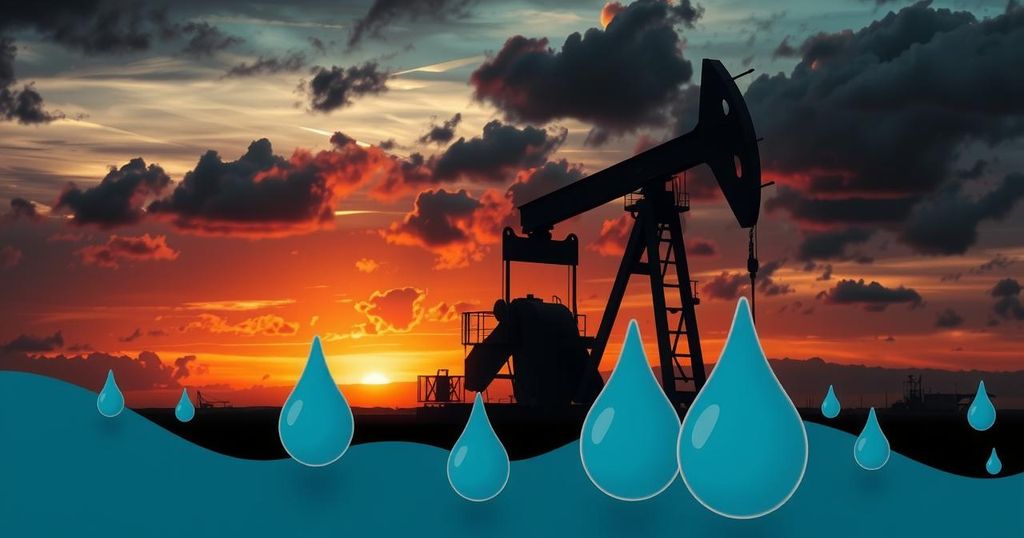The potential revocation of Chevron’s operating license in Venezuela by President Trump may lead to increased corruption and discounted oil prices in Asia. Chevron’s presence has ensured transparency in the oil sector, following a history of sanctions that caused significant financial losses. Analysts warn that without Chevron, Venezuela’s oil revenue could revert to being funneled through unreliable intermediaries, exacerbating economic instability and migration issues.
The potential revocation of Chevron Corp.’s operating license in Venezuela, proposed by US President Donald Trump, poses a serious risk of pushing the nation’s oil industry back into obscurity. This transition could lead to increased corruption and significant price discounts in the Asian oil market. Chevron’s presence has provided a crucial level of transparency to Venezuela’s oil sector following a period of severe sanctions, preventing the economic losses that occurred between 2020 and 2022, when the country relied on less reliable trading methods.
The absence of Chevron would likely necessitate that Venezuela’s oil revenue flow exclusively through the state-run company, Petroleos de Venezuela SA (PDVSA). Analysts, including Geoff Ramsey from the Atlantic Council, have indicated that without Western energy companies like Chevron, the Maduro administration may revert to using dubious intermediaries for oil shipments. President Trump’s recent announcement to cancel the waiver that currently allows Chevron to increase exports could undermine the fragile economic recovery in Venezuela, potentially leading to further irregular migration to the United States.
Chevron has been instrumental in alleviating Venezuela’s ongoing fuel shortage by allowing for the importation of diluent from the US, thereby circumventing the limitations of PDVSA’s production capabilities. A Chevron spokesperson acknowledged awareness of the President’s announcement and stated that the company operates in compliance with all applicable laws and US sanctions.
Historically, following the imposition of oil sanctions by Trump in 2019, the Maduro regime resorted to various methods to bypass restrictions, such as renaming tankers and utilizing ghost vessels to evade detection by US authorities. This tactic often led to unfulfilled shipments and missed payments to PDVSA. Following purges within the government, including the arrest of Tareck El Aissami, there has been a significant crackdown on corruption.
Should Chevron exit the Venezuelan market within the next six months, PDVSA might need to redirect its sales to Asian markets at roughly 20% discounted prices, which could potentially decrease national revenues by as much as $3 billion. This development would likely pose substantial challenges to the sustainability of Venezuela’s total oil production in the medium term.
In summary, the possible withdrawal of Chevron from Venezuela’s oil market due to President Trump’s proposed license revocation poses grave risks. It threatens to revert the sector back to a state of corruption and unreliable trading practices. The economic ramifications could be severe, adversely affecting national revenues and fueling further migration, thereby complicating the governance challenges that the US currently faces concerning immigration policy. Chevron’s contributions have been pivotal in bringing transparency and stability, and its exit would profoundly impact Venezuela’s already weakened economy.
Original Source: financialpost.com




